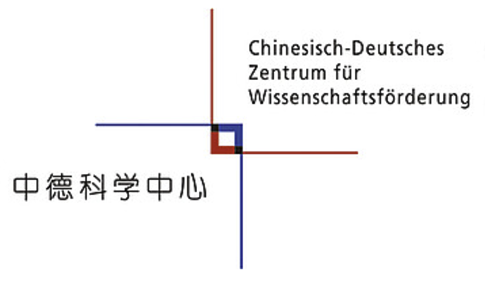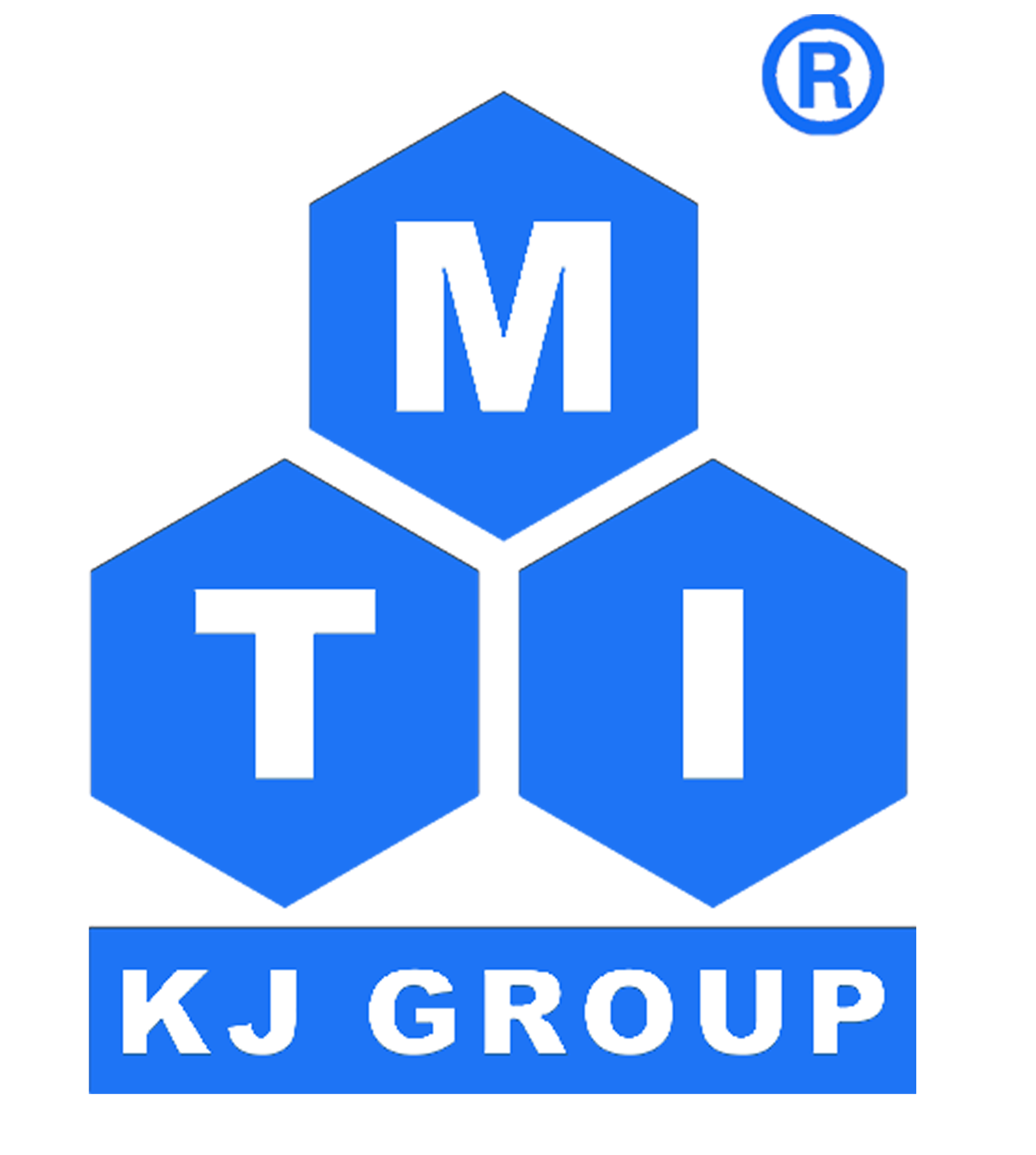AI4Materials: From Simulation to Generation
Hongxia Hao
Microsoft Research AI for Science
Accurate and fast prediction of materials properties is central to the digital transformation of materials design. However, the vast design space and diverse operating conditions pose significant challenges for accurately modelling arbitrarily material candidates and forecasting their properties. Recently, large modelling has shown its advancement in computer science and extends to biological science, but less in materials domain. In this talk, I will present our recent work MatterSim, a deep learning model that actively learned from large-scale first-principles computations for efficient and accurate predictions of broad material properties across elements, temperatures (0 to 5000 K) and pressures (up to 1000 GPa). Specifically, MatterSim predicts Gibbs free energies for a wide range of inorganic solids with near-first-principles accuracy and achieves a 15 meV/atom resolution for temperatures up to 1000 K compared with experiments. In addition, I will show that the model can serve as a “foundation model” for any atomistic system of interest and material generation. For example, the model can be fine-tuned for atomistic simulations at a desired level of theory or for direct structure-to-property predictions, achieving high data efficiency with a reduction in data requirements by up to 97%.
Reference:
[1] Yang, Han, et al. "MatterSim: A Deep Learning Atomistic Model Across Elements, Temperatures and Pressures." arXiv preprint arXiv:2405.04967 (2024)
[2] Zeni, Claudio, et al. "Mattergen: a generative model for inorganic materials design." arXiv preprint arXiv:2312.03687 (2023)
[3] Kong, Lingyu, et al. "Overcoming the size limit of first principles molecular dynamics simulations with an in-distribution substructure embedding active learner." arXiv preprint arXiv:2311.08177 (2023).
Dr. Runhai Ouyang (DCTMD2024@163.com)












